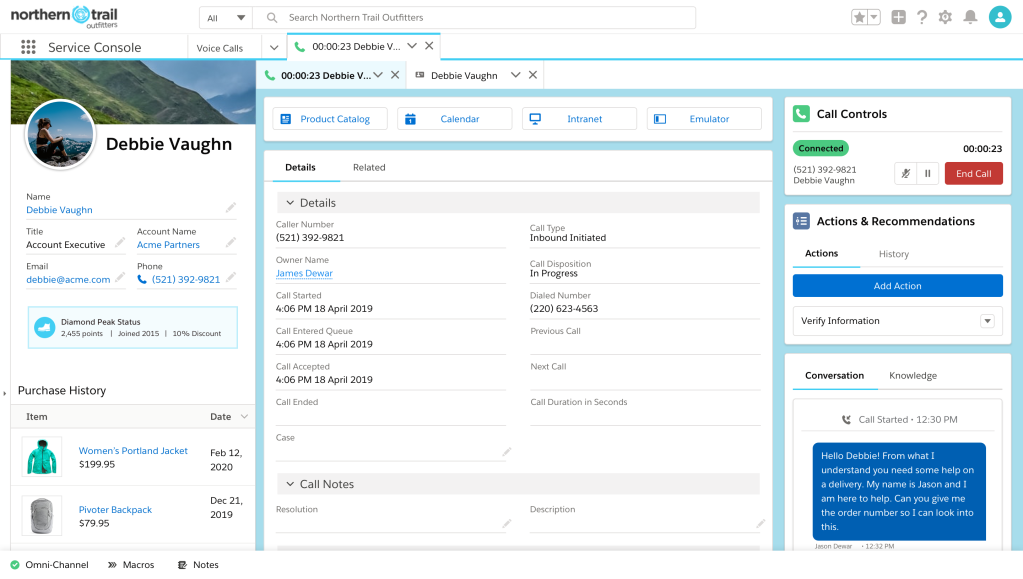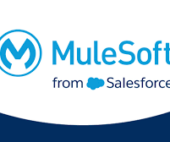Salesforce Sales Cloud focuses on the sales process, while Salesforce Service Cloud is dedicated to customer service and support. Sales Cloud is designed for managing leads, opportunities, and sales forecasts, whereas Service Cloud is tailored for handling customer inquiries and cases.
Both Sales Cloud and Service Cloud share critical features as they are built on the core Salesforce Platform.
If your business primarily emphasizes sales, Sales Cloud is the ideal choice. If your focus is more on customer service, then Service Cloud is the preferred option.
For businesses involved in both sales and customer service, both Sales Cloud and Service Cloud may be the best Salesforce solution.
Difference Between Sales Cloud and Service Cloud:
Sales Cloud streamlines sales and marketing efforts, focusing on lead management and increasing sales. Service Cloud helps support agents provide excellent customer service, resolving issues proactively.
Functions Included in Service Cloud but not in Sales Cloud:
Service Cloud includes specialized functions for customer support, such as omnichannel case routing, Web-to-Case and Email-to-Case conversion, and configurable assignment rules to streamline support agents’ work.
Sales Cloud Features:
- Purpose: CRM solution for managing leads and increasing sales.
- Users: Sales and marketing team, including sales reps and managers.
- Customer Interaction: One-way communication focusing on lead generation.
- Key Features: Contact and account management, lead and opportunity management, sales performance management, product management, and workflow automation.
- KPIs: Lead conversion rates, customer lifetime value, new leads, sales activity, and opportunity-to-conversion ratios.
Service Cloud Features:
- Customer Communication Management: Initiate, schedule, and track interactions via call, email, and text.
- Document Management: Access a centralized database of CRM records and share files with internal and external recipients.
- Lead Management: Automate lead distribution and score leads with custom scoring rules.
- Opportunity Management: Create opportunities, track deal stages, and assign probability based on deal stage.
- Product Management: Add and customize products and create a base catalog of products and services.
- Quote, Order, and Contract Management: Automate order records, create contracts, and view order history.
- Workflows and Process Automation: Create and automate multiple sales processes with graphical representation.
Agent Productivity (Service Cloud):
- Manage agent availability and view agent status.
- Generate performance reports using metrics like resolved tickets and resolution time.
- Collaborate with internal team members on tickets by mentioning users or adding private notes.
Call Center Management (Service Cloud):
- Analyze call metrics, conference with agents, and monitor calls between agents and customers.
- Route calls automatically using predetermined criteria.
Live Chat (Service Cloud):
- Enable a live chat widget on your website.
- Send preset canned responses and route chats to suitable agents.
Customer Portal (Service Cloud):
- Create a customer portal with custom web forms, a knowledge base, and a community forum.
Ticket Management (Service Cloud):
- Convert multi-channel communication into tickets and helpful agent responses into knowledge-base articles.
- Organize tickets using custom tags and customer segments.
- View ticket history, create ticket pipelines, and set ticket statuses.
🔔🔔 Follow us on LinkedIn 🔔🔔












